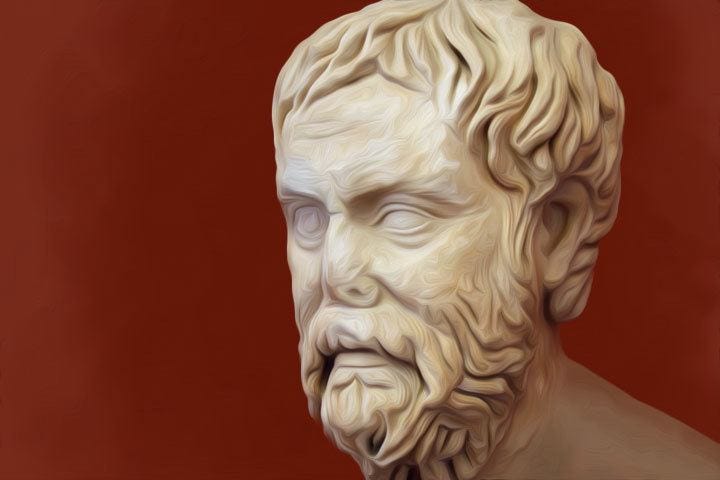Pyrrhonian Skepticism on the Badness of Death
A possible treatment for fear of death from the Sextus Empiricus.

The goal of Pyrrhonian Skepticism is to attain freedom of disturbance.[1] How, then, would the Skeptic relieve someone of his fear of death? In contrast with the dogmatic Epicureans and Stoics, the Skeptic refuses to “assent to something non-evident investigated by the sciences.”[2] Instead, the Skeptic merely “expresses that which appears to himself and. . . reports the state he is in.”[3] The Skeptic, while alive, i.e., not dead, cannot express how death appears to himself. Instead of employing the dogmatists’ mode of reasoning, which “is so deceptive that it practically snatches away the appearances from under our eyes,” the Skeptic does not concern himself with issuing proclamations about “things non-evident.”[4] Doing so would be “rash.”[5]
Instead of denying the apparent reality of death for all living things, the Skeptic prescribes equanimity “with respect to things that are matters of compulsion.”[6] Furthermore, the Skeptic does not believe “that something is honorable or bad by nature”[7] on the grounds that those “things [that] seem to be bad. . . are pursued as good by others.”[8] In the case of death, it is avoided by the wounded soldier who wishes to return to his wife and children, for example, and longed for by the prisoner tortured on the rack. Therefore, the Skeptic must suspend judgment about the badness of death. In so doing, he neither flees from death, nor does he pursue it. In treating life and death with moderation, the Skeptic attains “freedom from disturbance.”
In summation, the Skeptic would advise the man preoccupied with death to reject “Plato’s imaginary construction [of the soul],”[9] which may or may not exist, and which may or may not experience badness upon death. Instead, the Skeptic would encourage him to focus his attention on those things accessible to senses in life and to adopt an attitude of non-judgment towards his inexorable future death, for judgment thereof in life is impossible and pre-judgment as “bad” merely inflicts psychological disturbance to him while he draws breath.
[1] Sextus PH, VI, 12.
[2] Sextus PH, VII, 13.
[3] Ibid.
[4] Sextus PH, X, 20.
[5] Ibid.
[6] Sextus PH, XII, 25.
[7] Sextus PH, XII, 27-28.
[8] Sextus PH, XXIV, 190. r
[9] Sextus PH, XXIV, 189.



